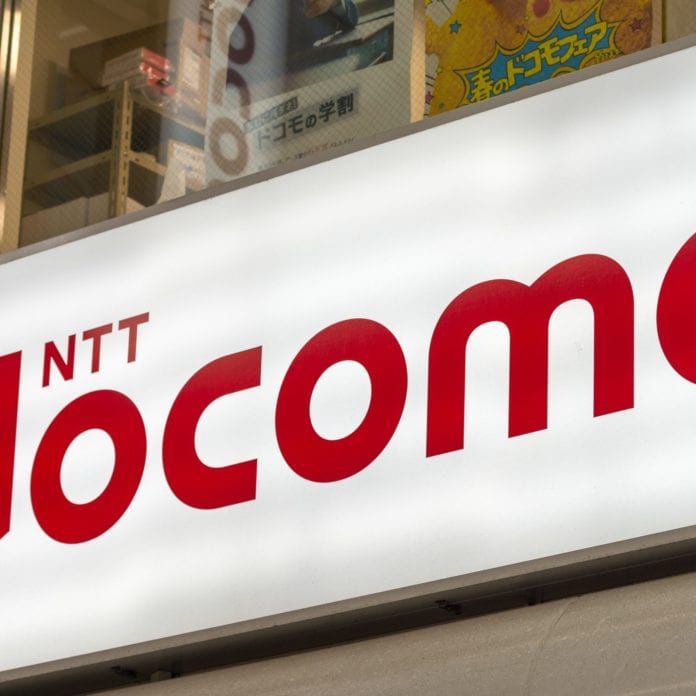The two Japanese firms said they achieved 5.5 Gbps wireless communication in eight mobile stations in Kawasaki City
Japanese telco NTT DoCoMo and compatriot firm NEC have jointly achieved 5.5 Gbps throughput in eight mobile stations using beamforming with inter-base station coordination between two base stations in the same area, using 4.5 GHz spectrum for 5G communications.
The trial across eight base stations used beamforming with inter-base station coordination between two base stations. This coordination was achieved with signal processors and massive-element antennas through digital signal processing.
NEC said that the trial was carried out in Kawasaki City, Japan.
“In this experiment, 5.5 Gbps wireless communication was achieved in eight mobile stations by utilizing beamforming through small base stations of optical feeder structure that [connected] antennas with a total of 128 elements with signal processing via optical fiber,” NEC said in a statement.
The experiment verified beamforming with inter-base station coordination where base stations located in two different places coordinated to control the beam.
“Although antennas located in different places tend to cause major interference depending on the location, and reduce communication speed, this experiment realized beam control that mutually cancels out interference through digital signal processing. As this beam control more flexibly enables the installation of multiple antennas, it is expected to bring about higher-capacity communications, even in urban areas with high population density,” according to NEC.
Earlier this month, NEC reached an agreement with NTT DoCoMo to provide control units for 5G base station equipment aiming for the commercialization of 5G services.
Under the agreement, NEC will achieve 5G compatibility through software upgrades and a minimal replacement of hardware to maximize the use of existing high-density base station equipment.
NEC also said that it is currently working with the Japanese telco to co-create ultra-high-speed and high-capacity services and use cases, including remote diagnosis and advanced security, that combine 5G with the latest ICT.
The Japanese telco previously said that it aims to launch commercial 5G services in 2020.
NTT DoCoMo has been carrying out a number of 5G trials, mainly with Chinese vendor Huawei. The two companies recently announced a collaboration with Tobu Railway to trial a 5G millimeter wave system at Tokyo Skytree Town as part of a broader push for 5G field trials being advocated by Japan’s Ministry of Internal Affairs and Communications (MIC).

